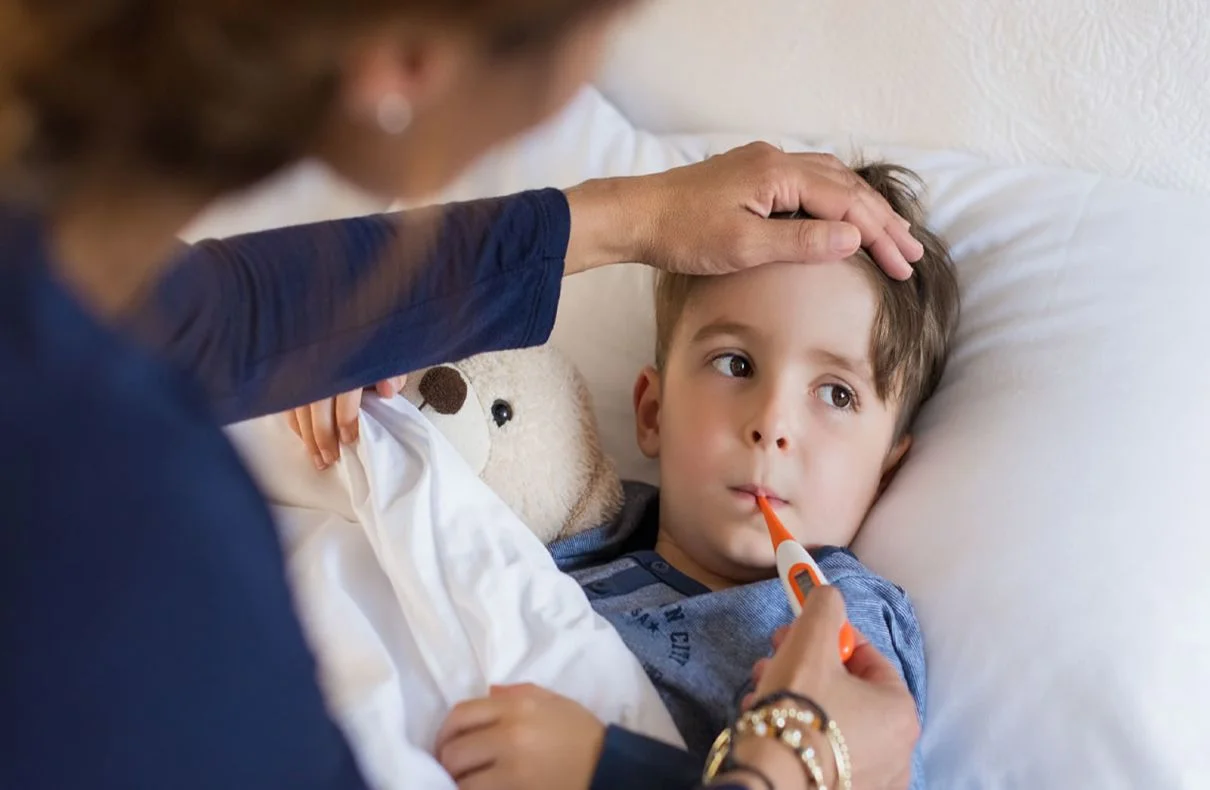
The city of Philadelphia is currently facing a concerning measles outbreak that has raised alarm bells among public health officials. The number of confirmed cases has reached eight, and the situation is rapidly evolving. Let’s explore the shocking truth behind the measles epidemic in Philadelphia and understand why immediate measures must be taken to combat this highly contagious virus.
The first known case of measles in Philadelphia dates back to early December when a child who had recently traveled abroad was admitted to the Children’s Hospital of Philadelphia (CHOP) with an infection. Subsequently, three other non-immune children at the hospital were exposed and later tested positive for the virus. This incident served as the ignition point for the outbreak.
It is important to note that the infected child had not been vaccinated, and their exposure led to the transmission of the virus to other vulnerable individuals. The measles virus is highly contagious and can spread easily through coughing or sneezing. The lack of vaccination in this case allowed the virus to take hold and propagate within the community.
Alcohol-Related Deaths: A Growing Crisis in the United States
The measles outbreak quickly spread beyond the hospital setting. The virus made its way to a day care center in Northeast Philadelphia, where four more people were infected, including both children and staff members. Unfortunately, some of the initial cases failed to follow quarantine protocols, leading to further transmission and the potential exposure of others in various healthcare facilities.
As of Monday, the number of hospitalizations due to measles-related complications has risen to at least five out of the eight confirmed cases. Measles can have severe consequences, including pneumonia, brain infection, and even death. The seriousness of the situation calls for immediate action to prevent further spread and protect the health and well-being of the community.
One crucial factor contributing to the outbreak is the presence of unvaccinated individuals. The Philadelphia Department of Public Health has emphasized that none of the infected individuals were immune to measles, either due to lack of vaccination or never having contracted the virus in the past. Vaccination is a highly effective preventive measure against measles, and its significance cannot be overstated.
The measles, mumps, and rubella (MMR) vaccine has been available for decades and has proven to be a reliable defense against measles. The Centers for Disease Control and Prevention (CDC) recommends administering the MMR vaccine to children at 12 to 15 months of age, followed by a second dose between 4 and 6 years old. Vaccination rates in Philadelphia have been relatively high, with approximately 93% of children fully vaccinated against measles by age 6. However, the current outbreak highlights the importance of maintaining high vaccination rates and addressing vaccine hesitancy.
The Philadelphia Department of Public Health is actively tracking the current measles cases and has identified several known exposure sites across the city. These exposure sites primarily include healthcare facilities and the Multicultural Education Station day care center. It is crucial for individuals who believe they may have been exposed to measles to quarantine themselves at home and stay away from others to prevent further transmission.
In addition to the previously announced exposure sites, which include Children’s Hospital of Philadelphia’s emergency room and Jefferson Health building, new potential exposure sites have been identified. These include Holy Redeemer Pediatric Urgent Care Meadowbrook, Jefferson Abington Hospital Emergency Department, and Nemours Children’s Hospital. Prompt identification of exposure sites is vital for containing the outbreak and notifying individuals who may have been at risk.
Measles is a highly contagious viral infection that spreads easily through respiratory droplets. It is estimated that an infected person can transmit the virus to up to 90% of individuals in close proximity who are not immune. The virus can remain infectious in the air for up to two hours after an infected person leaves an area, making it particularly challenging to contain.
Symptoms of measles typically manifest as a high fever, cough, runny nose, and red, watery eyes. These initial symptoms are followed by the development of a characteristic rash. The rash begins at the hairline on the face and gradually spreads downward to the neck, trunk, arms, and legs. It is important to note that measles can have serious complications, including pneumonia and brain swelling, and can be fatal in severe cases.
Stomach Bug: Norovirus Outbreak in the Northeast
Given the severity and contagiousness of measles, it is imperative that individuals and communities take immediate action to prevent further spread. Vaccination remains the most effective means of protection against measles. If you or your child have not been vaccinated, it is crucial to reach out to a healthcare provider and get vaccinated as soon as possible.
For individuals who have been exposed to measles and are not immune, timely administration of the MMR vaccine within 72 hours of exposure can still provide protection. Another preventive option is the use of immune globulin, which delivers antibodies to provide immediate protection. It is essential to follow public health guidance and take necessary precautions to avoid exposing additional individuals to the virus.
The measles outbreak in Philadelphia serves as a reminder of the importance of vaccination and the potential consequences of vaccine hesitancy. Vaccines have been instrumental in controlling and eliminating infectious diseases worldwide. However, declining vaccination rates, driven by misinformation, opposition to vaccination requirements, and fear surrounding healthcare visits during the COVID-19 pandemic, have contributed to the resurgence of preventable diseases like measles.
Public health officials and healthcare providers must prioritize education and address concerns surrounding vaccines. Transparent communication about the safety and efficacy of vaccines, along with debunking myths and providing evidence-based information, can help rebuild trust and increase vaccination rates in communities.
